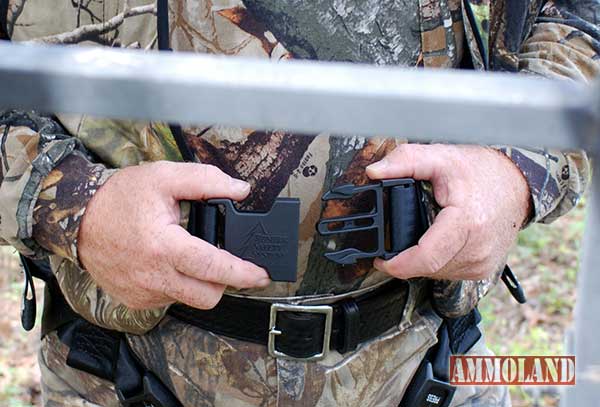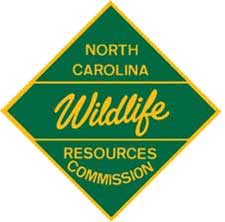

Raleigh, NC -(Ammoland.com)- The N.C. Wildlife Resources Commission’s Home From The Hunt safety campaign is reminding hunters to be just as cautious with tree stands prior to deer season as they should while hunting.
“As hunters begin to set up tree stands as part of their preparation, safety is still rule number one,” said Travis Casper, coordinator of the Commission’s Hunter Education Program. “Whether you are scouting a location, trimming shooting lanes and putting up a tree stand, even on a trial basis, use the same precautions you would during hunting season.”
Casper recommended using a lineman-style belt in addition to a full-body harness when first putting a tree stand in place. This minimizes the chance of falls and potential injury, he said.
“Always select a healthy, straight tree for placement,” he said. “Let someone know where you are or take someone along during pre-season work.”
Other tree stand safety recommendations:
- Never carry anything as you climb — use a haul line to raise and lower equipment.
- Maintain three points of contact when climbing.
- Follow manufacturer instructions.
- Don’t exceed manufacturer’s maximum height settings.
As with any piece of equipment, tree stands need inspection before use. Replace rusted bolts, frayed straps or, if needed, buy a new tree stand. Leaving a tree stand up from one season to the next has some inherent problems that outweigh any convenience. When a tree stand is exposed to the elements due to long-term placement, it may have damaged straps, ropes and attachment cords — any of which potentially may lead to breakage and failure.
For more information on hunting seasons, Hunting Heritage Apprentice Permits and the Hunter Education Program, go to NCWildlife or call 919-707-0031.
About the North Carolina Wildlife Resources Commission (NCWRC)
Since 1947, the N.C. Wildlife Resources Commission has been dedicated to the conservation and sustainability of the state’s fish and wildlife resources through research, scientific management, wise use, and public input. The Commission is the state regulatory agency responsible for the enforcement of fishing, hunting, trapping and boating laws and provides programs and opportunities for wildlife-related educational, recreational and sporting activities.
